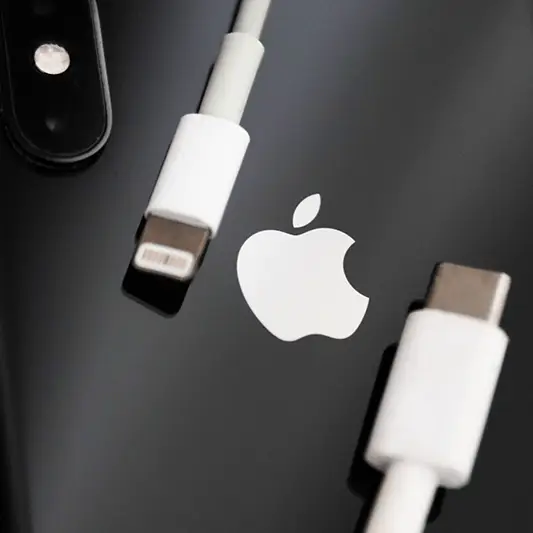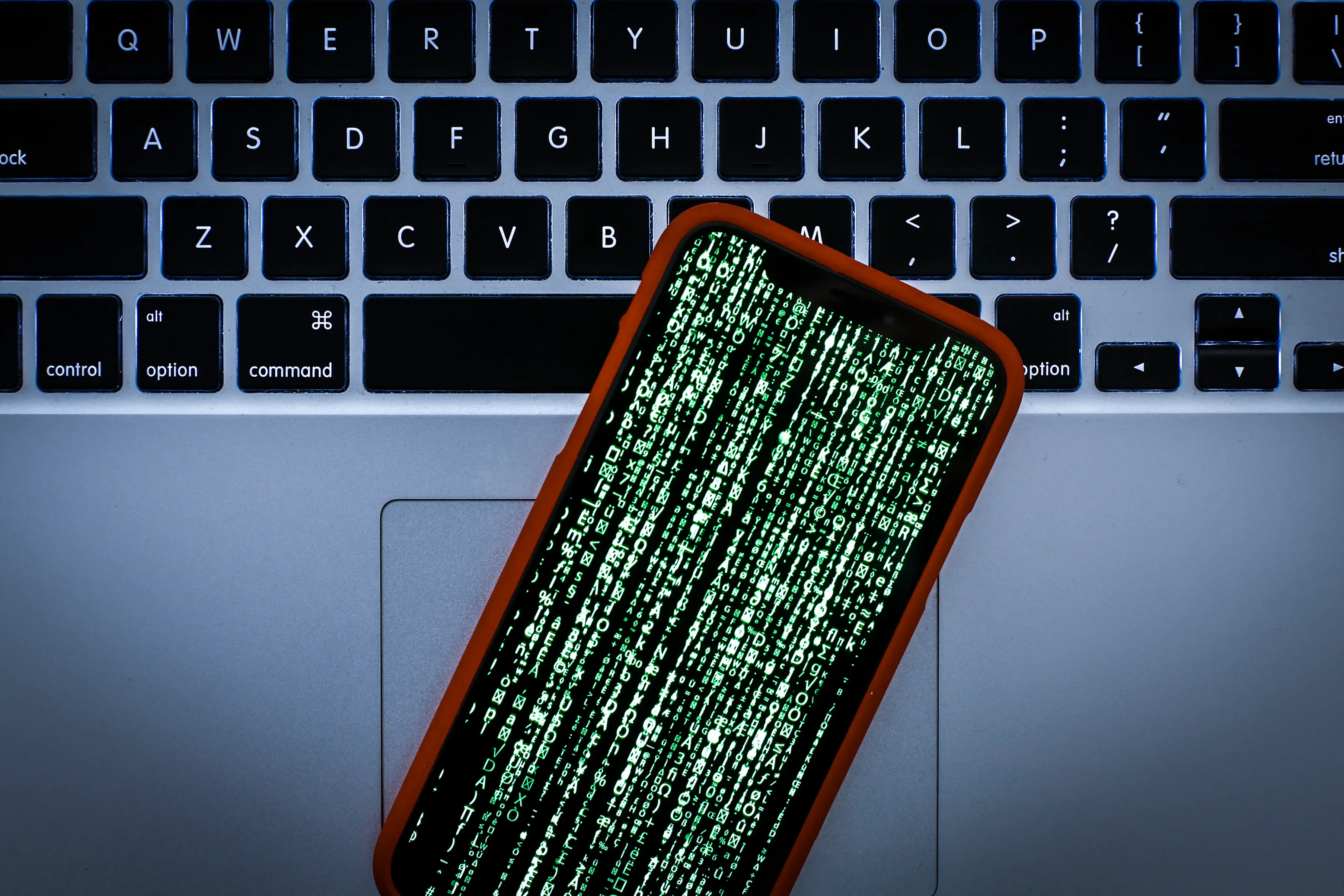
There are few things as frustrating in this life as not being able to find your smartphone charger, scrambling around looking for a lead as your phone battery slowly ticks down.
Now, one world-famous hacker has warned why you should keep to your own chargers and not share with anyone else.
If chargers catching fire wasn't enough of a fear, we now need to look out for hackers.
Ryan Montgomery is a cybersecurity professional who helps businesses test systems for vulnerabilities from unscrupulous hackers.
Advert
We know there are two types of hackers, with 'Black Hat' hackers typically found snooping around your credit card details and trying to break into government organizations to disrupt the world.
Then there are 'White Hat' hackers, who are known as ethical hackers and tend to help security firms find flaws in their systems.

Now, Montgomery has warned why you shouldn't share iPhone chargers, with those little leads being a potential gateway to your personal information without you realizing it.
Posting on Instagram, Montgomery plugged in a generic charging lead into a computer, except this wasn't your typical lead.
Explaining how it's a fully functioning cable that can still charge a phone, he added: "With this cable plugged in, I have full access to this computer."
Montgomery didn't even plug his phone in, but with the press of a button, he'd been granted remote access to the computer. Within seconds, a terminal opened up on the computer and started typing. A voice then said, "Zero-day has access to your computer."
Considering zero-day vulnerabilities have no known patch or other fixes, it would be a case of too little, too late if this was a genuine hack. There's a big market in getting these hacks onto hardware and into software, with Montgomery using the 'O.MG cable,' that's been available publicly since 2019 and costs $180.
Showing the cable next to an 'identical' one that is authentic, it's easy to see how people could be lured in by this hacker's dream.
Forbes warned us about the O.MG cable in 2023, with inventor Mike Grover telling the site, "Our newly released Elite Series unlocks some fun things. We have put the OMG implant into multiple form-factors since we last talked. USB-A Cables, USB-C Cables, USB-A to -C Adapters, USB Data Blockers (yes, making a data blocker malicious :D)."
Previous versions of the O.MG cable captured keystrokes, but the more advanced versions can remotely hack terminals through an independent WiFi access point.
Montgomery concludes: "Never trust a cable that's not yours, and if you're really concerned, get a USB data blocker. Stay safe."
But, as Grover reiterates, even your USB blockers might not be safe.
The O.MG cable was actually designed for the good guys, with it aimed at helping the likes of Montgomery check for vulnerabilities. Still, for every White Hat hacker, there's sure to be some Black Hat hackers trying to do us dirty.
As Montgomery was ranked No.1 for his skill by the cybersecurity training site TryHackMe, we're just glad he's on our side.